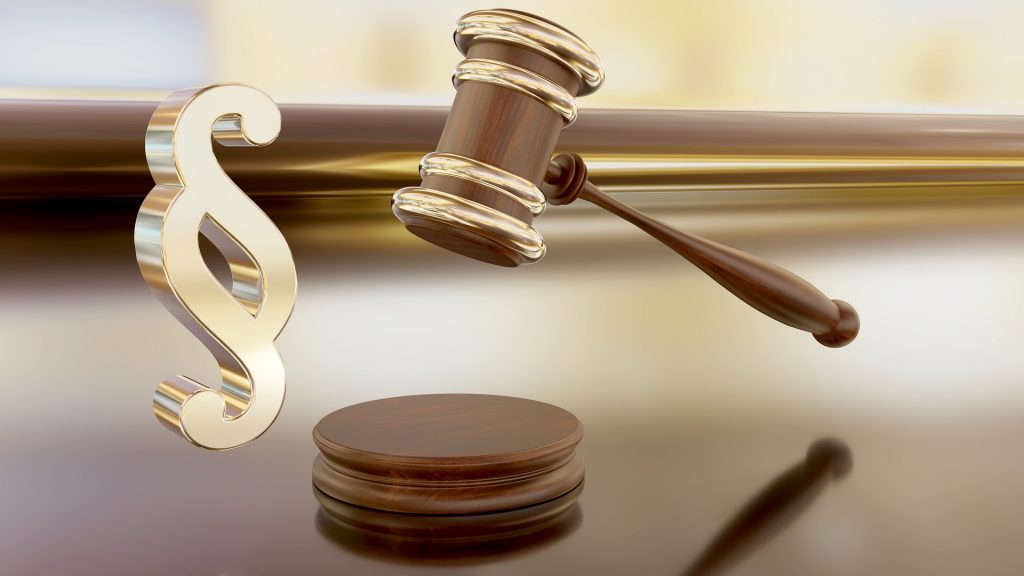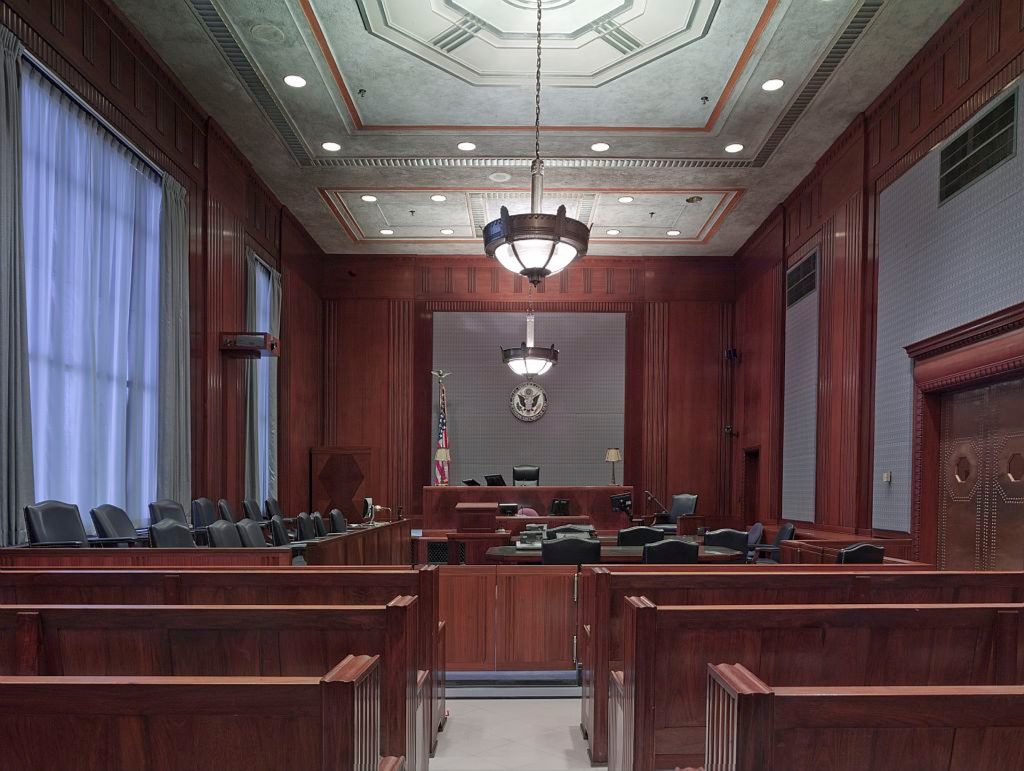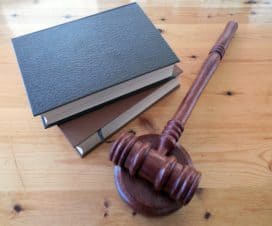
 What Is a Personal Injury Claim?
What Is a Personal Injury Claim?
This article will help you answer the question: What is a personal injury claim? It may help you decide whether or not you are in a position to make a claim, or whether you may be subject to a claim.
We will also talk about personal injury claim defenses and other things of importance for you. Go through the article and if you need more information, make sure to get in touch.
A Personal Injury Claim Applies When There is an Injury or Death
Only the injury or death of a person can constitute an injury claim. In the case where a person has died, the claimant would usually be a surviving family member.
What is an Injury?
When deciding whether to file a personal injury claim, it is important to note that the claim does not only apply to physical injuries. Compensation for psychological injury or suffering can also be sought.
What Circumstances can Lead to a Filing?
Almost any situation that can lead to a personal injury can lead to filing an injury claim. Workplace accidents, automobile accidents and even injuries that happen on holiday can all be the subject of a claim.
What is a personal injury claim and what is not is more related to whether the injured party has any fault in the setting of the injury.
Not at Fault
To make a claim, the person injured must not be at fault. In other words, they must not have caused the injury to themselves.
Negligence usually contributes to determining what an injury claim is. The defendant (who the claim is being made against) may have shown negligence below the usual standard of behavior expected for somebody in their role.
Liability Determination
Besides knowing what a personal injury claim is, you need to also know who makes a liability determination. The party that decides fault in injury claims can vary from one case to another. This is based on various possible case circumstances.
Injured parties should always be represented by personal injury attorneys. This is especially the case when referring to insurance company involvement. An insurance company will conduct an investigation and then make a liability decision.
When involved parties do not agree on who is liable, the personal injury lawsuit starts. Then, the civil court will decide the party at fault.
Personal Injury Claims – Legal Defenses
 Various defenses reduce liability and can even eliminate it. You need to know them if you file a personal injury claim. The most common ones are the following:
Various defenses reduce liability and can even eliminate it. You need to know them if you file a personal injury claim. The most common ones are the following:
-
Comparative Fault
When more parties are at fault for the accident, comparative fault is activated. According to the law, different liability percentages are attributed to various parties.
In most US states, defendants just pay attributed percentages to them. You cannot ask for more, unless something special, like lost wages, applies.
-
Risk Assumption
This defense stops financial recovery. It applies even if defendants caused injuries for plaintiffs. Simply put, a defendant has to prove that a plaintiff knew about the risk of injury associated with what caused the medical problems.
Plaintiffs that volunteer or that agree to risks and still perform an action cannot file claims. For instance, in football, when injured you cannot sue the club for injuries suffered during games.
-
Employer Liability
The employee that causes the injury is not personally liable when the employee was doing work and an accident happened. In such a situation, courts do not pay damages.
-
Trespasser Defense
You know what an injury claim is but did you know that trespassers cannot ask for injury compensation? Usually, the land occupier or owner is liable for negligence that caused injuries. This does not apply to unknown trespassers.
-
Firefighter Rule
Last but not least, on the job injured professional rescuers cannot ask for an injury claim against the private party’s negligence. This applies when on the job.
More Information about What is a Personal Injury Claim
For further information about what is a personal injury claim and what is not, please contact us today.


